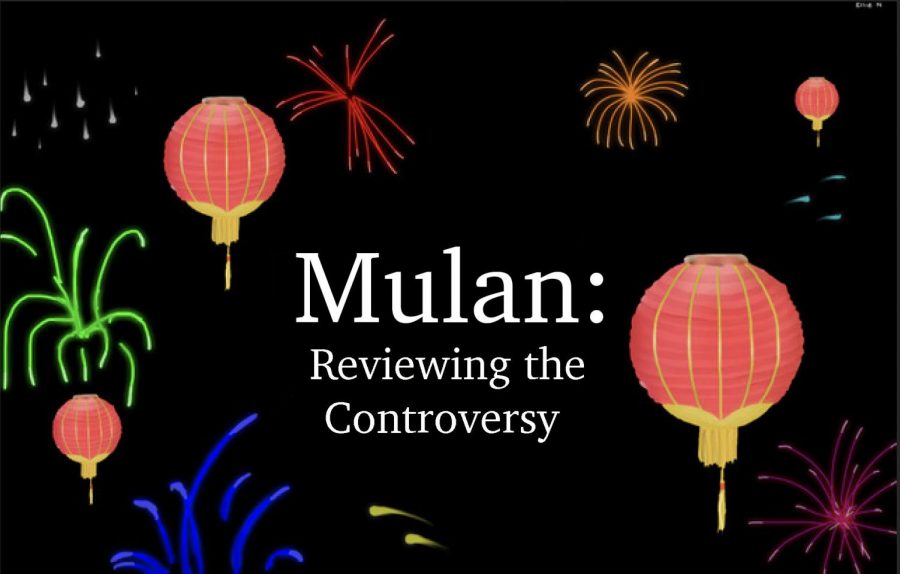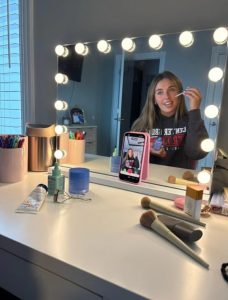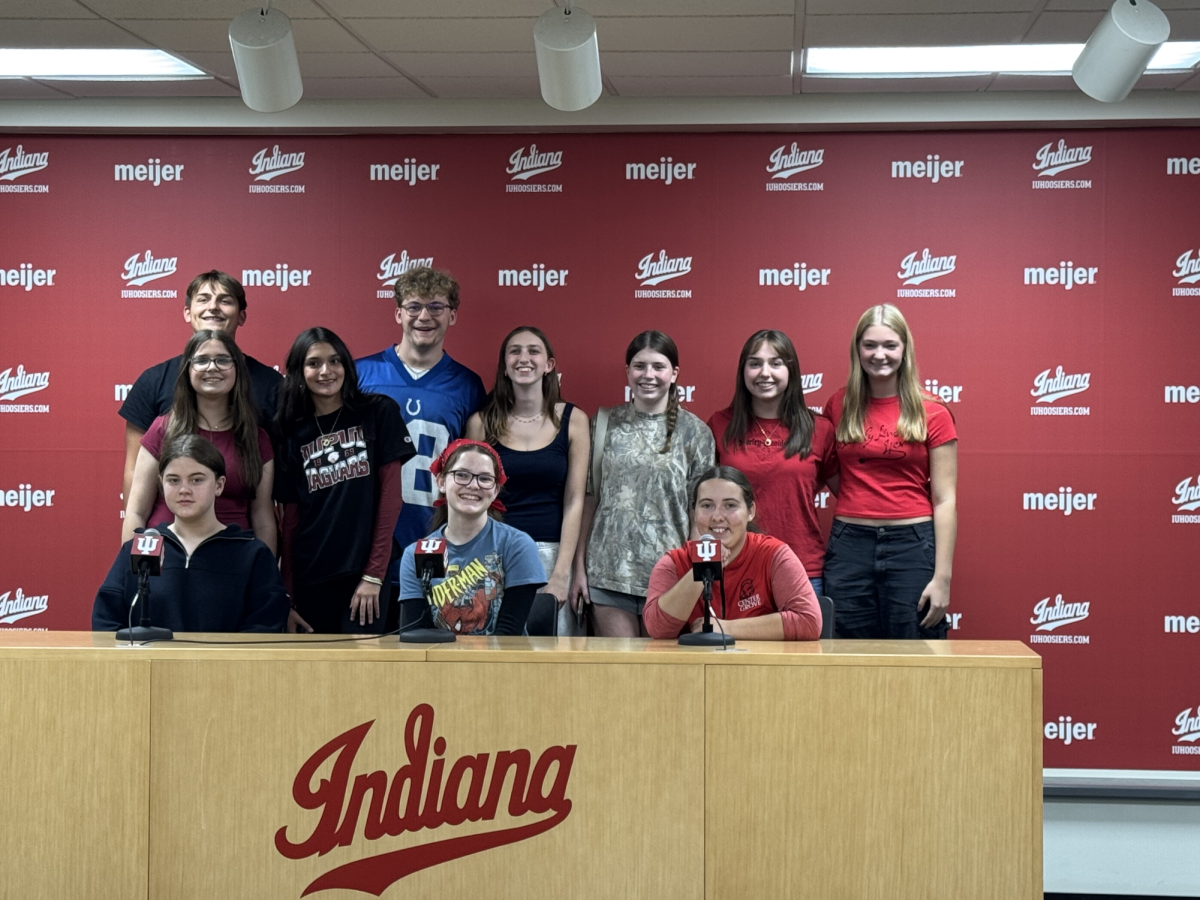Reviewing Mulan and Its Controversies
September 25, 2020
The highly-anticipated, live-action remake of “Mulan” is finally here. Its release was delayed from March 2020, and it came out on Disney Plus for premier access on Sept. 4. I was so excited for this movie, but after I saw the controversies with the lead actress and the movie itself, I didn’t even want to watch it.
Every movie has its ups and downs, but rarely does a movie have a hashtag trending on social media that says to boycott it. The actress of Hua Mulan, Liu Yifei, has openly shared how she feels about the pro-democracy protests in Hong Kong. She posted about it on Weibo, a Chinese social media site where she has 67 million followers.
“I support Hong Kong’s police, you can beat me up now,” Yifei said in the post. “What a shame for Hong Kong.”
She originally posted this back in August of 2019, but since the release of “Mulan”, human rights activists have resurfaced it. Their goal was to inform people about what they are supporting when they watch “Mulan” and to encourage them to boycott the movie. I found it ironic that as a U.S. citizen, Yifei has the freedom of speech and democracy, and she chose to use her voice and platform to support an oppressive government that brutalizes its people. The character Mulan fights against an unjust government, so it’s too bad that the actress doesn’t even believe in that.
Earlier this year, Yifei spoke to a reporter about her words in that post. She acknowledged that she is uneducated about the protests in Hong Kong, but she deflected any in-depth questions.
Yifei’s post about her support of Hong Kong police brutality is not the only controversy surrounding the supposedly “woke” remake of “Mulan”. While all the actors on screen were Asian, the majority of the people behind the scenes were white. Critics have called this remake “white-washed” since the people in leadership roles behind the writing of the movie did not have a thorough understanding of Chinese culture. It makes the actors just seem like puppets on strings with no say in the accuracy of the costumes or set.
Disney’s goal was to make the movie more accurate and realistic, so why would they choose to have a white director and white screenwriters? A Disney insider tried to reassure the audience by acknowledging the fact that all the primary roles would be played by Asian actors. However, I believe that a cast full of Asian people is not enough to truly capture the Chinese culture; they deserve representation both on screen and behind the screen.
In order to make the movie more realistic, Disney made the decision to remove some of the most memorable parts of the animated film. Mulan’s dragon friend, Mushu, was removed from the story, as were all the musical numbers. While most critics do like the idea of the writers going back to the true story of Hua Mulan, many found it hard to connect to Mulan’s character without the help of her sidekick, Mushu.
“The film is drab, leaden and self-important,” Jim Schembri, a critic from Rotten Tomatoes said. “Stripped of songs, Mulan 2.0 lacks levity, spirit and is void of humour… Our heroine is difficult to warm to. She is presented as such a stolid ice maiden warrior there’s no real vulnerability to her.”
My family watched “Mulan” on Disney Plus before we heard about the controversies, and now that I think about it, Mulan’s character was very hard to connect to. The lack of comedic relief in the movie made the movie seem too serious, and the lack of depth in Mulan’s character made her seem stoic and simple-minded. I was also upset when I found out there would be no musical numbers in the movie because it significantly impacted the plot. The music added a lot to Mulan’s character in the animated film, so without it, she is very static.
Lastly, Disney has been understandably criticized for ignoring the genocide of Muslims in China. In the credits at the ending of the movie, Disney thanks Xinjiang authorities for allowing them to film there. Many people are aware of these Muslim concentration camps in China, but many don’t know that Xinjiang is one of the regions where Uighur Muslims are being killed. It is pretty obvious why they would be attacked for filming there. Disney has acknowledged the hate they have received about it, and they claimed that most of the film was shot in New Zealand, not China.
These claims are not enough to excuse Disney for their mistakes. They have given us plenty of reasons to #boycottmulan.
There is no questioning that the original 1998 “Mulan” movie is a fan favorite, and so many fans were excited to see if the live action would live up to their expectations. However, with the amount of controversy and debate surrounding the movie, many call into question whether paying for premier access or watching it at all is worth it.













